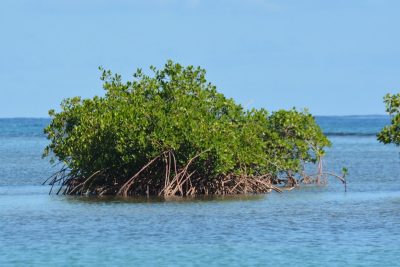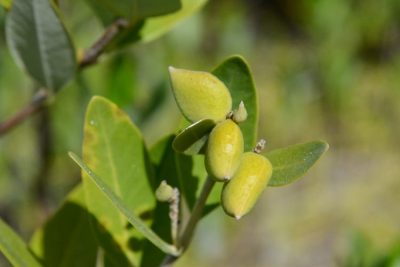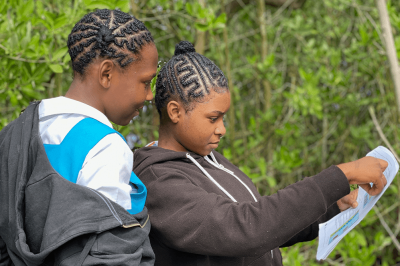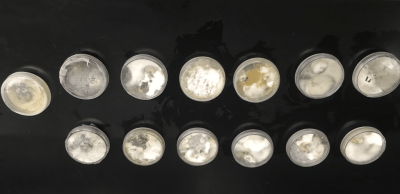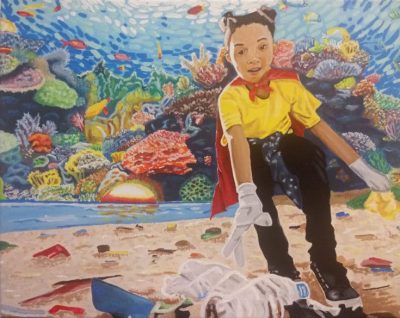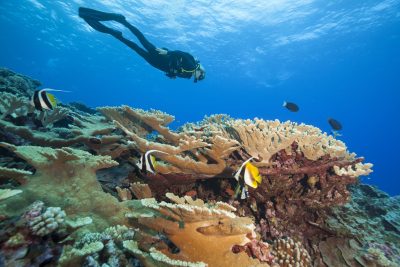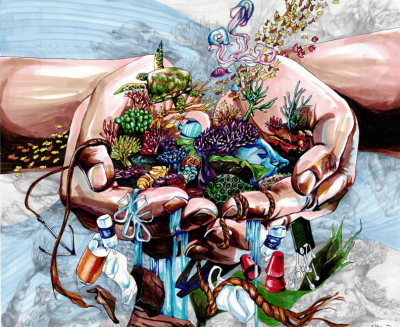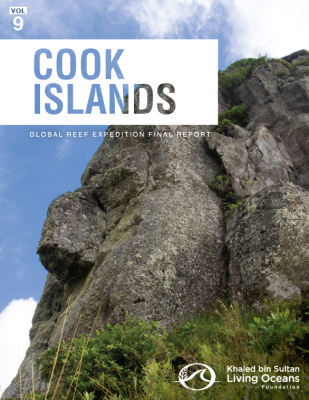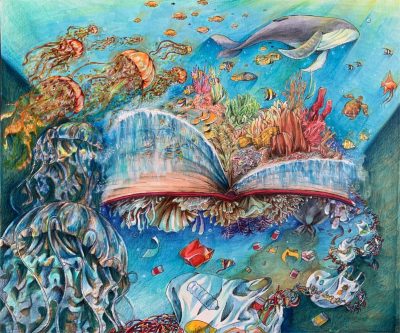
Winners of the 2020 Science Without Borders® Challenge
The Khaled bin Sultan Living Oceans Foundation is thrilled to announce the winners of their annual student art competition, the Science Without Borders® Challenge. Every year, this international contest engages students in ocean conservation through art, encouraging them to create

